All that changed in the late spring of 2011. I began to drink . . . a little. I would call it "tippling" in the way one might speak of Julia Child and her kitchen habits. Things got to me and not the small stuff. I was walled off by a complete inability to imagine a future, and I was suffocating from it.
By now, I had begun a comfortable job and was renting a condo in a decent part of town. I could not experience that as a miracle quite yet. Rather, I was slightly horrified at how much difference enough money can make and having a real roof over my head, that is, normalizing.
Port, the drink of sages, poets, and old women, was my tippling choice. I could bear drinking it as it was not too far from Mogen David and Boone's Farm, while having the cachet of foreign origin. For my palate, I preferred the caramel-colored, nutty-flavored, sweet viscosity of tawny port that derives from aging in wooden barrels. The Douro River valley in Portugal where port grapes are grown is the oldest appellation in the world, and porto derives its name from the village at the mouth of the river from which it is exported. Such distinctions make one feel comfortable.
The problem with port for me was that I could drink half a bottle at a time, and there was never any hangover the next day. Just enough sugar in my alcohol made it possible for me to get up as usual and go to work. However, I had cause to worry. While I do not have an addictive personality, one for whom habit becomes nearly unbreakable without really tough measures, one just never knows if there is a tipping point (on the proverbial scale, not the bottle) or where and with what it may lie if there is one. Port might prove to be my downfall; perhaps I was a latent alcoholic who only needed the "right" drink.
Weeks passed. I so enjoyed my evenings with the bottle. The mellow color in the small glass and thick sweetness on my tongue lent themselves to reverie. A month or so passed. It was so relaxing to read and write and talk to relatives by telephone after a few glasses of painlessness and nostalgia after which I simply passed out. Port seemed to calm my nerves so that I could slough off the pressures, anxieties, and intensity of my prior circumstance.
I decided it was a good thing and to let it alone.
Since I could not decide how much of a good thing port was, I had to trust myself. After all, I had stopped smoking cigarettes (and pot before that) and managed to diet successfully a few times in my life. I was a veteran of the ongoing war with transcendence that must be waged or none of us would work or go to school or do anything society regards as productive. We all must decide how much pleasure we can bear.
One day, I simply forgot about port. I do not know how I turned that corner. I cannot remember what was on my mind that seemed so easily to supplant my port habit. I continued to drink port, but with less and less frequency. Months later, I have a near-empty bottle in a kitchen cabinet that is gathering dust and no desire to finish it off. And there sits my lonely aperitif crystal.
A woman with whom I shared a meditation class once told me something I did not want to hear at first because I thought it undermined everything I had ever learned about meditation. I spoke to her because I knew she had been practicing meditation for a very long time, and I thought she could help. I told her I was struggling and that I was seemingly getting nowhere with my practice. She asked me if I had tried a hot bubble bath or a little alcohol or both. I managed a quiet, "Ohhh . . ." while I struggled to hide my shock. She looked straight at me and said with a determination I rarely ever hear, "Whatever it takes."
The wider meaning to her statement is that our lives become the meditation once we go beyond mere practice. In life, as in practice, we cannot be certain what we will find along the way, but we will certainly be different at the end as we will be changed by it. We can have a bubble bath as meditation. We can eat pizza or have a milk shake. We can try anything to see where it leads. The truth is we do not know and cannot know until we get somewhere we like or do not like or that just ends by itself. It is a process, and not even meditation in the end, but trust of oneself and acceptance.





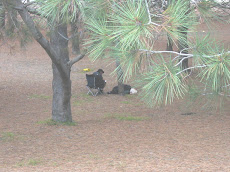


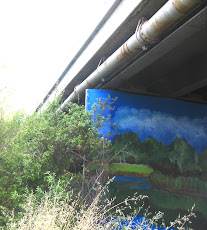








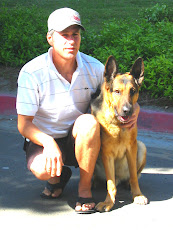
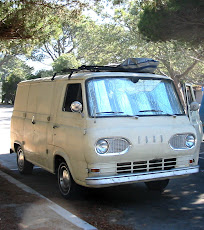
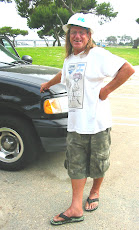









No comments:
Post a Comment